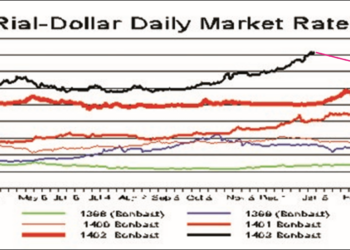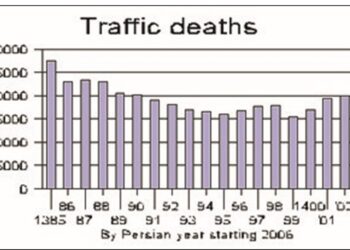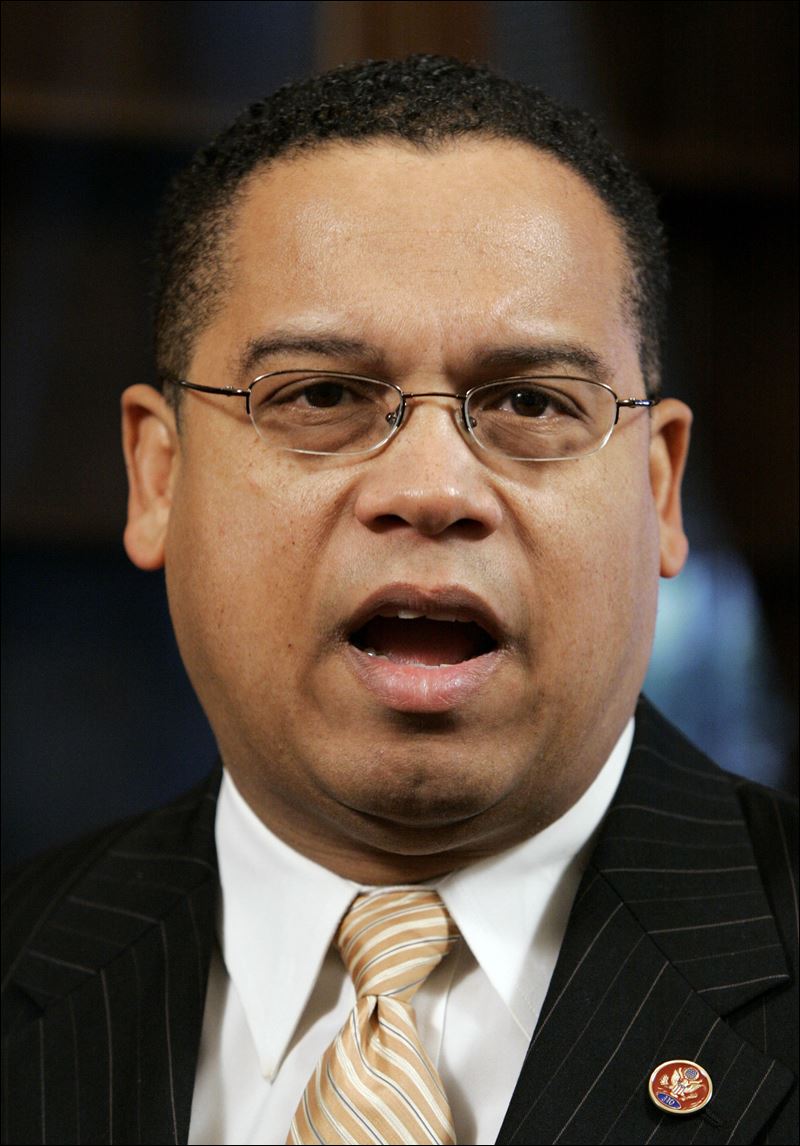December 13-2013

President Rohani Sunday submitted his first national budget to the Majlis and submitted it on time, something that was never done under the Ahmadi-nejad Administration.
The president said the government’s primary goals in the immediate future are to spur economic growth and curtail inflation. “In the long run, job creation is the most important issue,” he said, “but the main challenge today is tackling stagflation.”
He said, “The toll from the combined levels of inflation and economic contraction over the past two years has been staggering.”
It is very rare for a country to suffer raging inflation at the same time that its economy is contracting, but that rare ailment confronts the Islamic Republic, where official figures show the economy contracted 5.4 percent last year while inflation is now close to 40 percent.
Rohani submitted his budget on time, which probably earned him some brownie points with Majlis deputies. President Ahmadi-nejad never submitted a budget on time. His best was 32 days late six years ago. Last year, he handed over the budget a record 86 days late.
Rohani’s budget presentation was fairly brief and he failed to explain where he had boosted spending and where he had cut spending compared to his predecessor. New governments normally do that to demonstrate changes in priorities. But Rohani said only that information technology and communications were his priorities in the budget.
The biggest budget issue facing the new administration is the cost of welfare payments that total 455,000 rials ($15 at the open market rate) per person per month regardless of wealth.
Rohani said his proposed total budget for the year starting at Now Ruz was 7.83 quadrillion rials ($260 billion), comprised of 1.95 quadrillion rials ($65 billion) for government operations and 5.88 quadrillion rials ($195 billion) for state-owned firms.
The welfare payments will consume more than 20 percent of the budget. But Rohani said his government would submit a plan for revising welfare payments after Now Ruz. He gave no hint what that plan would entail.
Officials said the budget assumed an average oil price of $100 a barrel. For the last three years, the price has run above $105 a barrel. The budget also assumes sales of 1.1 million barrels of oil a day, marginally higher than the 1.02 million barrels since the beginning of 2013.
But the surprise was that Rohani said the dollar was calculated at an average official price of 26,000 rials. That means his government is assuming the official price will rise by about 5 percent from today’s 24,811 to the dollar. The free market price for the dollar is currently just under 30,000 rials. The budget figure suggests that the Administration will slowly boost the official price for the dollar to bring it in line with the free market price, which has been remarkably stable ever since Rohani’s election. Rohani, however, did not explain why he used 26,000 as the exchange rate.
Rohani said his budget submission for government operations was an increase of 14 percent over the current year. Given raging inflation, that would appear to be a decrease in the level of real spending—that is, the budget for next year would buy less than this year. But Rohani did not describe the budget in terms of what it would buy.














